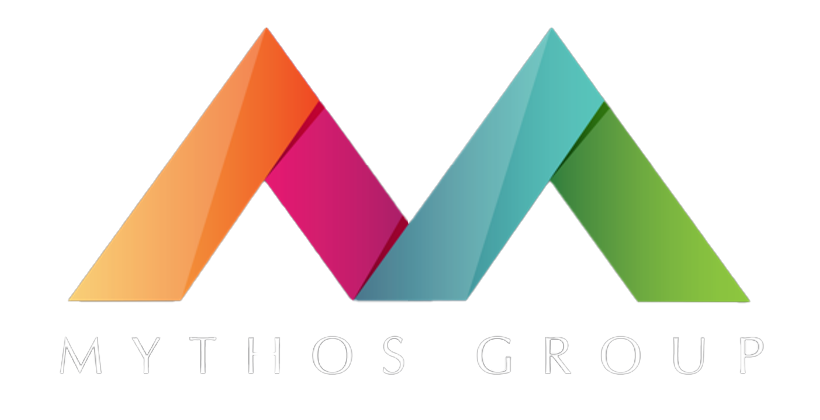Artificial Intelligence (AI) has the potential to revolutionize how organizations operate, but its benefits can only be fully realized when it is deployed sustainably and responsibly. By harnessing AI’s capabilities, organizations can optimize resource management, reduce waste, and support eco-friendly practices, while addressing the ethical implications of AI deployment and ensuring that AI-driven growth is environmentally and socially responsible.
AI for Resource Optimization
One of the primary ways AI can contribute to sustainability is by optimizing resource management. AI-powered systems can analyze vast amounts of data to identify inefficiencies and optimize resource allocation. For example, AI can be used to:
- Optimize energy consumption: By analyzing energy usage patterns and identifying areas of waste, AI can help organizations reduce their energy footprint and lower costs.
- Improve supply chain efficiency: AI can help streamline supply chains, reduce transportation emissions, and minimize waste.
- Optimize inventory management: By predicting demand and optimizing inventory levels, AI can help to reduce waste and minimize the environmental impact of transportation.
AI for Waste Reduction
AI can also play a crucial role in reducing waste. AI-powered systems can analyze data to identify opportunities for waste reduction and develop strategies to minimize waste generation. For example, AI can be used to:
- Improve recycling and waste management: AI can help to optimize recycling and waste management processes, increasing recycling rates and reducing landfill waste.
- Reduce food waste: By analyzing food consumption patterns and predicting demand, AI can help reduce food waste in restaurants, grocery stores, and other food service businesses.
- Optimize product design: AI can be used to analyze product design and identify opportunities to reduce waste and improve
Ethical Implications of AI Deployment
While AI offers significant potential benefits for sustainability, it is essential to address the ethical implications of AI deployment. Organizations must ensure that AI systems are developed and deployed responsibly and transparently, avoiding bias and ensuring that AI-driven decisions are aligned with ethical principles.
Potential Challenges in Implementing Sustainable AI
While the potential benefits of sustainable AI are significant, several challenges could hinder its implementation. One major challenge is the need for high-quality data. AI systems rely on large amounts of accurate and reliable data to function effectively.
Collecting and processing this data can be time-consuming and expensive, particularly for organizations with limited resources.
Additionally, ensuring data privacy and security is crucial, as sensitive information may be involved. Another challenge is the complexity of integrating AI into existing organizational systems and processes. This can require significant technical expertise and resources and may disrupt ongoing operations.
Finally, there is the risk of unintended consequences, such as unintended biases or negative environmental impacts. To mitigate these risks, organizations must carefully consider the ethical and social implications of AI deployment and monitor the performance of AI systems to identify and address any issues.
Real-World Examples
Several organizations have already begun to use AI to support sustainability initiatives. For example:
- Google: Google has developed AI-powered tools to optimize energy consumption in its data centers, reducing its carbon footprint
- IBM: IBM has used AI to optimize its supply chain, reduce transportation emissions, and improve
- Nestlé: Nestlé has used AI to reduce food waste in its manufacturing facilities, improving efficiency and reducing its environmental
Ensuring Sustainable AI-Driven Growth
To ensure that AI-driven growth is environmentally and socially responsible, organizations must adopt a holistic approach that considers the long-term implications of AI deployment. This includes:
- Developing ethical AI guidelines: Organizations should develop clear ethical guidelines for AI development and deployment, ensuring that AI systems are used responsibly.
- Investing in AI research and development: Organizations should invest in research and development to ensure that AI technology continues to evolve and address emerging sustainability challenges.
- Collaborating with stakeholders: Organizations should collaborate with stakeholders, including governments, NGOs, and industry partners, to develop and implement sustainable AI solutions.
By integrating AI into their sustainability strategies, organizations can drive innovation, improve efficiency, and reduce their environmental impact. However, addressing the ethical implications of AI deployment and ensuring that AI-driven growth is aligned with long-term sustainability goals is essential.
How will your organization integrate AI? What new challenges will you and your team face? At Mythos Group, our experience and expertise lead to your success. We personalize your experience to your needs and goals. Reach out to us today!







